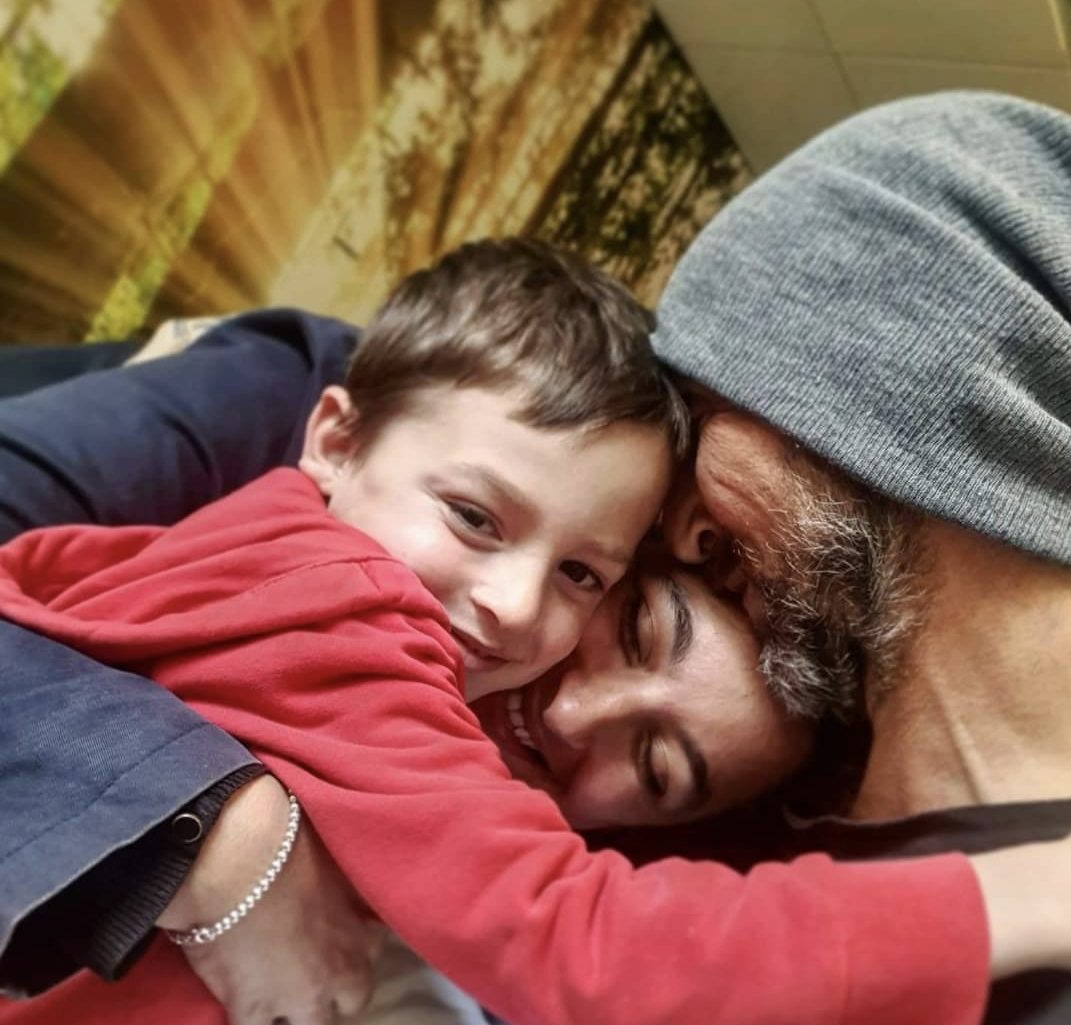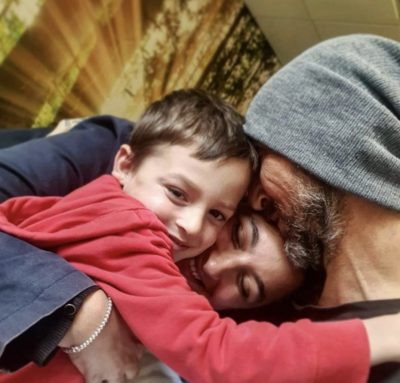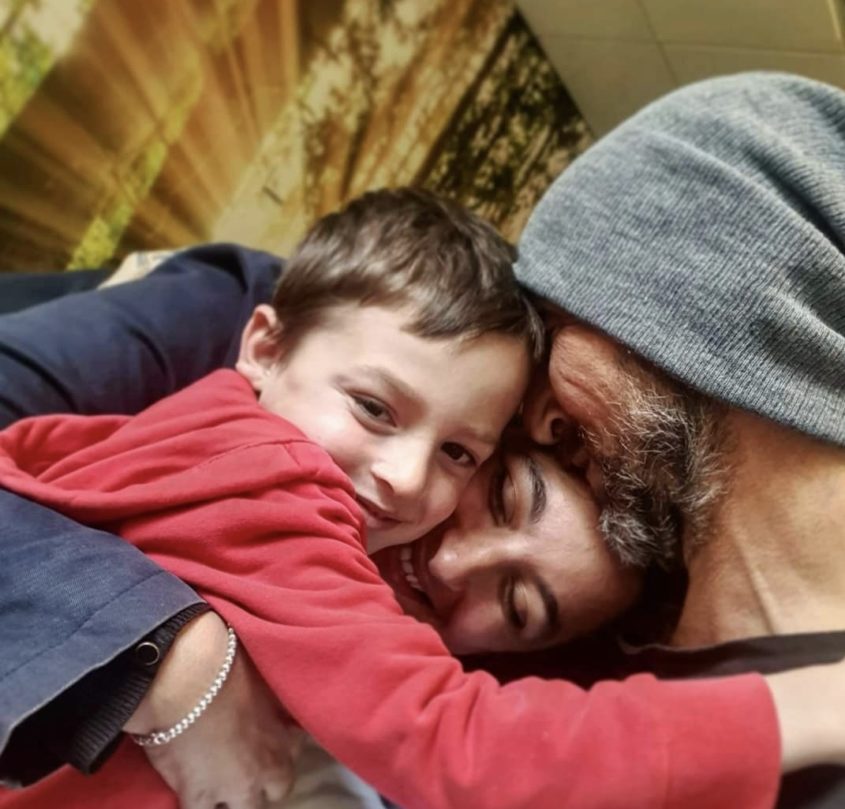



Only a third of GPs have sufficient access to vital scans needed to diagnose pancreatic cancer
Only 30% of GPs have sufficient access ‘all of the time’ to vital scans needed to diagnose the deadliest common cancer – according to our latest poll. No screening programmes or early detection tests exist for pancreatic cancer, meaning CT scans are currently the only tools available to help doctors diagnose the disease in time to save lives. The findings have been released as part of our ‘Unite-Diagnose-Save-Lives’ campaign to fund the breakthroughs desperately needed in early diagnosis research.
"We simply cannot allow this to continue, not when we have seen the game-changing impact early diagnosis research has had for breast, prostate and other common cancers."
The poll of 1,004 UK GPs conducted by Savanta ComRes on our behalf revealed worryingly inconsistent access to scans: 36% of GPs said they had sufficient access ‘some of the time’, while, alarmingly, 20% were either ‘rarely’ or ‘never’ able to refer someone they suspected of having pancreatic cancer within the 28-day diagnostic standard.
Tragically, 80% of people with pancreatic cancer are already not being diagnosed until after the disease has spread – almost double the proportion for other cancers. Nearly three quarters of GPs (72%) are concerned that the current COVID-19 cancer diagnostic backlog may continue to prevent people with pancreatic cancer from being diagnosed in time for potentially lifesaving treatment, surgery to remove their tumour.
The major cause of late diagnosis is pancreatic cancer’s vague symptoms – such as back pain, indigestion and unexpected weight-loss – because these are also common to many less serious health conditions. With no early detections tools to help them, it is very difficult for GPs to identify who should be urgently referred for scans to confirm or rule out the disease. Nearly half of all pancreatic cancer patients are currently diagnosed via an emergency (such as through visiting A&E. The impact is hugely significant: one-year survival for patients diagnosed through a GP referral is three times higher.
We are urging the public to help fund the development of the first-ever simple test for the disease and help save thousands more lives each year through our ‘Unite-Diagnose-Save-Lives’ campaign. Thanks to this campaign, we have already invested £1.6M into our Early Diagnosis Research Alliance – an innovative project involving more than 40 leading UK scientists, which has already created a blood test that’s proven to be highly accurate in laboratory trials. However, we need public support to fund the next phase of the research. Despite causing a similar number of deaths to breast cancer each year, pancreatic cancer receives 93% less research funding. Decades of underinvestment mean that today more than half of people with pancreatic cancer still die within three months of diagnosis, appalling odds of survival that have barely improved since the 1970s.
"It was as if everything had just been ripped away in five minutes, all the plans we had…We were going to have a second child, we even had names."
Mihika Newell-Hughes husband Jay died in February this year – he had called his GP a dozen times throughout 2021 about unexplained stomach pains, acid reflux and vomiting that got progressively worse. But it wasn’t until a different GP saw him that he was referred for scans and diagnosed with pancreatic cancer. Sadly, by then it was too late to save his life. The cancer had spread to his liver and he was given just three-six months to make precious memories with his six-year-old son, Kal.
Mihika Newell-Hughes, 33, said: “It would be amazing if they had a way of doing a quick test. Jay could have either got longer or been able to do more if he’d been diagnosed earlier. It stopped him from being able to have an operation or go on to any clinical trials that there might have been. It was as if everything had just been ripped away in five minutes, all the plans we had… We were going to have a second child, we even had names.
“Jay really wanted to help raise awareness because he was horrified reading the stories of how many people going through the same thing. He didn’t want this to happen to anyone else, and he was so angry. He never wanted his boy to be without a dad.”


Diana Jupp, CEO of Pancreatic Cancer UK, said: “Sorry, it’s too late. We can’t save you” are the devastating words that 80% of people diagnosed with pancreatic cancer will hear this year, the same words the majority of patients and their loved ones have been hearing for the last 50 years. We have hardly made any progress.
“We simply cannot allow this to continue, not when we have seen the game-changing impact early diagnosis research has had for breast, prostate and other common cancers. We have to give doctors the innovative new tools they need to detect the warning signs earlier, so they can ensure those who need it, receive treatment as soon as possible.
“It’s an enormous challenge, but if the public stand with us, they can help deliver the first diagnostic test for the deadliest common cancer – a historic breakthrough that could save thousands of lives a year.”

